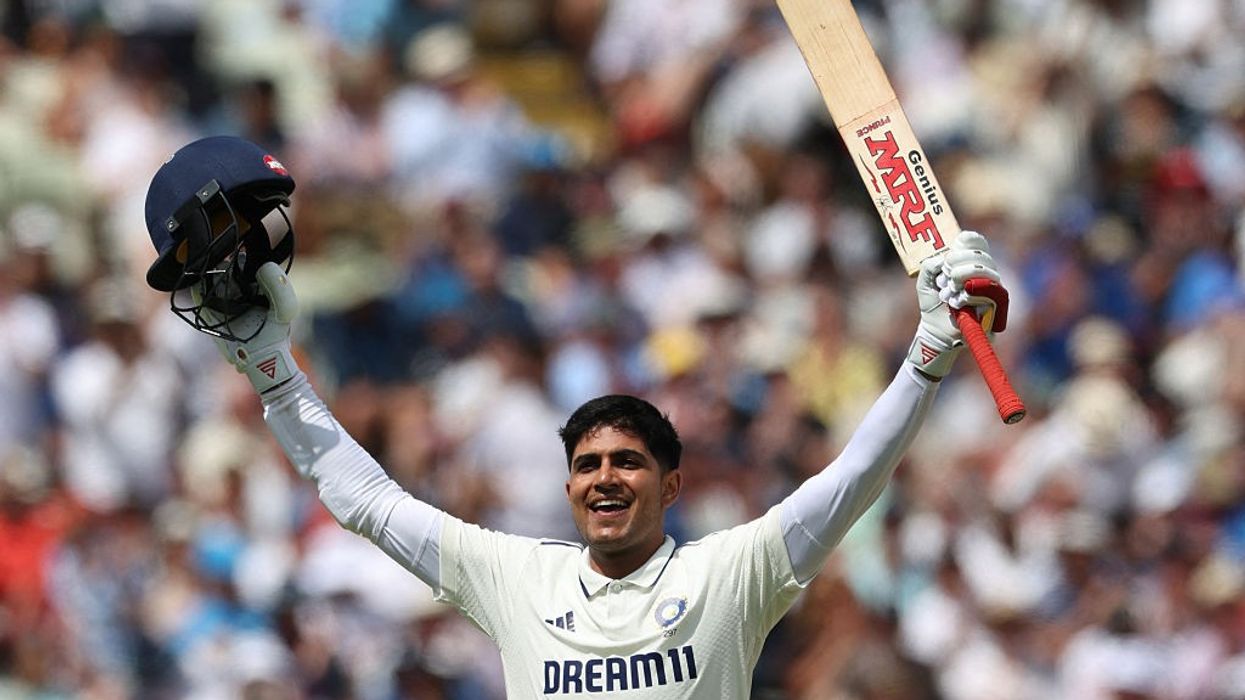There must be a root and branch investigation into the culture of racism, misogyny, and Islamophobia in every police service in England and Wales.
That is the demand from south Asian and black MPs, as well as serving and past police officers.
They have told Eastern Eye that they do not believe the Metropolitan Police are the only force to have this problem.
According to a Labour MP, the police have a culture of “covering up”, while a serving officer said that the service had a “code of silence” akin to organised criminal gangs.
Writing exclusively in this newspaper, the Labour MP for Brent Central, Dawn Butler made the case for change.
“Strong leadership means building an organisational culture in which public service trumps self-preservation,” she wrote.
“The culture of cover-up cannot continue.
“Strong organisations want to improve and know that exposing and addressing institutional failures is part of righting the wrongs.”
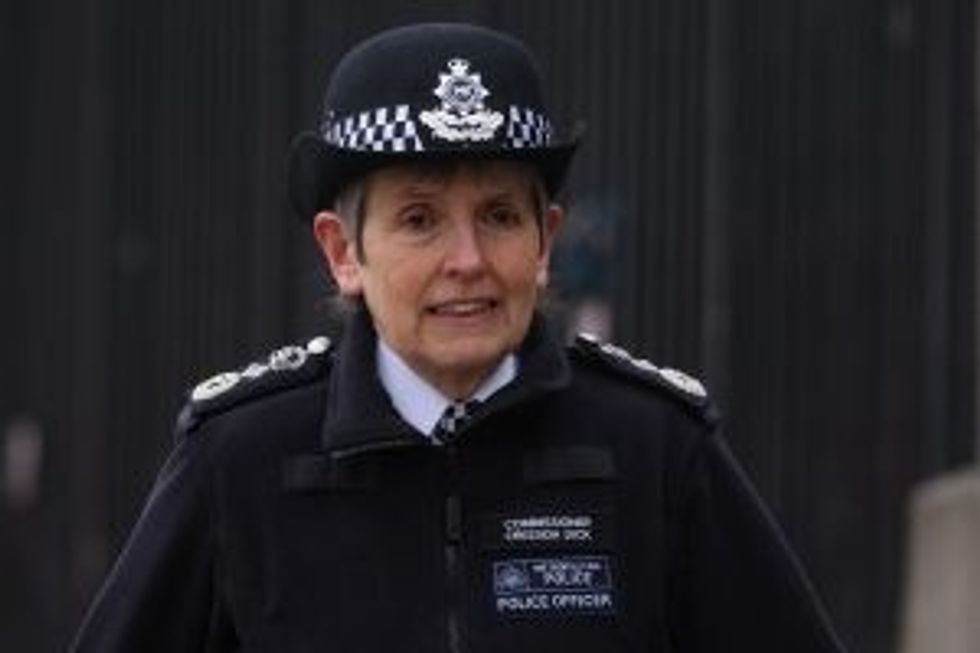
Last week (10), Cressida Dick, stepped down as Met commissioner after she said she had lost the confidence of London mayor, Sadiq Khan.
The final nail seemed to be the revelation by the police watchdog, the IOPC, that officers from Charing Cross had joked about rape and exchanged offensive social media messages.
Khan acknowledged that poor policing culture was a UK-wide problem.
“We've got to make sure that police forces across the country, there are 43, are free from a culture that allows racism, sexism, misogyny, Islamophobia to exist and, in some places, to flourish,” he told this newspaper, mere hours before Dick resigned.
“One of the reasons why I feel so disgusted and angry is that it wasn't just one officer, it was 14. It wasn't historic, it wasn’t isolated.”
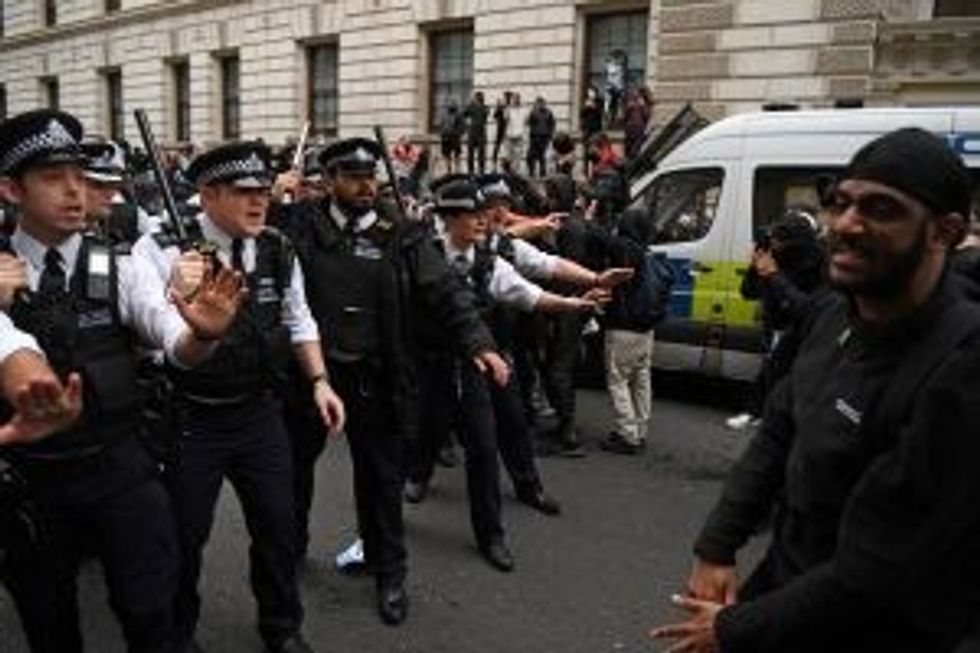
In recent months, the Met had been criticised for a series of errors - from its handling of parties in Downing Street during lockdown to the policing of a vigil for Sarah Everard, who was raped and murdered by a serving police officer, Wayne Couzens.
Met failures
Two other serving Met officers were jailed for taking photos of two murdered women and sharing them on WhatsApp.
The London mayor felt the commissioner had failed to come up with a plan to tackle serious issues in her force.
Khan revealed to Eastern Eye that he was not aware until very recently that nine of the 14 investigated were still in the Met and two had been promoted.
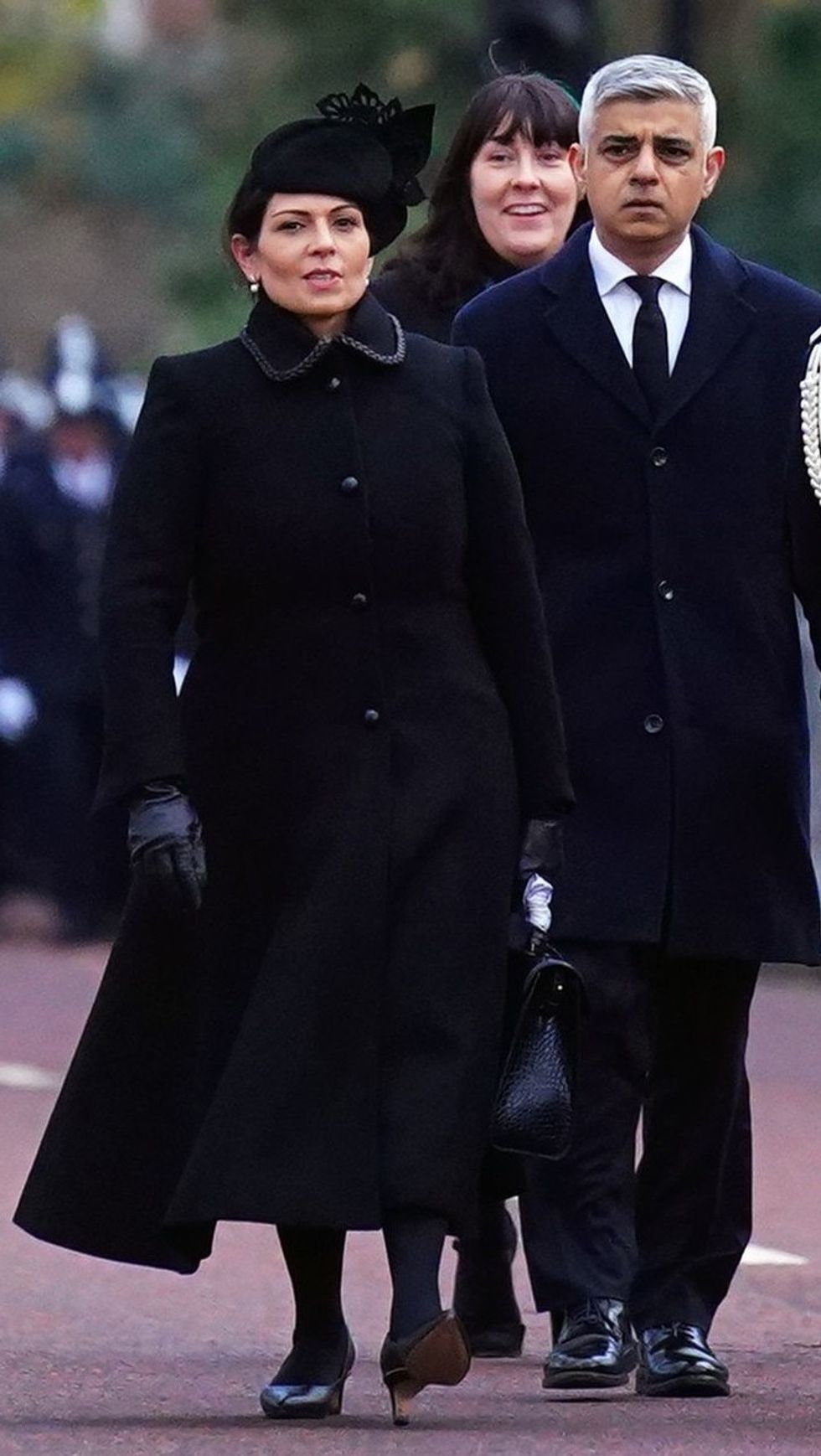
“I discovered this last week,” he said. “That's why it's so important for us to redouble our efforts to earn confidence.
“It's not a right. We have to have the confidence of people whose confidence has been shaken, 14 officers, some of the language, I can’t repeat it.
“Nine still serving, two promoted, it beggar’s belief.”
Meanwhile, there seems to be a change in attitude towards racism at the top of the force since Dick’s decision to quit.
In a BBC interview, Deputy Assistant Commissioner Bas Javid, brother of health secretary, Sajid Javid, admitted some officers “have racist views and are racist”.
Javid is responsible for professional standards in his force, and he said there was "absolutely no room for racism in policing, especially here in the Metropolitan Police”.
He told the BBC, “If people are found to be racist or discriminatory in any way, then I will do absolutely everything I can to make sure they're removed from the police.”
Analysis by the BBC’s Shared Data Unit, which supplies figures to Eastern Eye and other publications, revealed on Friday (11) that Independent Office for Police Complaints (IOPC) felt “police forces often frustrated proceedings by providing only a written statement instead of an interview”.
It also exposed that in 181 cases the IOPC felt “a reasonable tribunal could find misconduct in respect of the individuals involved”.
• Those 181 cases involved a combined total of 244 police officers and 59 staff.
• Misconduct was proven in the case of 150 officers (67 per cent of the 224 who had not left the force); 37 staff (75 per cent of the 49 who had not left the force).
Wider police problem
The president of the National Black Police Association, Andy George, agreed it was not just a problem in the Met.
“We see this behaviour across most police services throughout the United Kingdom, so it's not just a Met issue,” he said.
“While the police services are a reflection of society, we're also held to a higher account.
“We shouldn't be displaying the same behaviours as general society.
“People operate within the boundaries that you're allowed to operate within, and it's those boundaries which have been pushed further and further apart with the Metropolitan Police and the Charing Cross incidents.
“The failure, I think, for policing, is not dealing with these issues, and for some police leaders to be more concerned with their reputational damage than they are with dealing with the very real needs of victims is what’s stymieing progress.”
Leaders burying their heads in the sand is a major problem, said George.
“It's that reluctance to accept that there is an issue. We had a discussion within the last few weeks in policing around whether the police are still institutionally racist
“Police leaders in the United Kingdom are more open to the discussion than they ever have been.
“But we're still at that stage where we're afraid to actually admit what's actually going on.
“It's not a reflection of anybody's particular leadership style. It's just a by-product of what's been allowed to go on in the past, and which is still rife at this moment in time.
“If we actually admit the full scale of the problem, then we can put meaningful solutions in place to tackle it.”
‘Turning a blind eye’
Labour’s Birmingham Perry Barr MP, Khalid Mahmood, explained how his south Asian constituents have complained about the service they get from West Midlands Police.
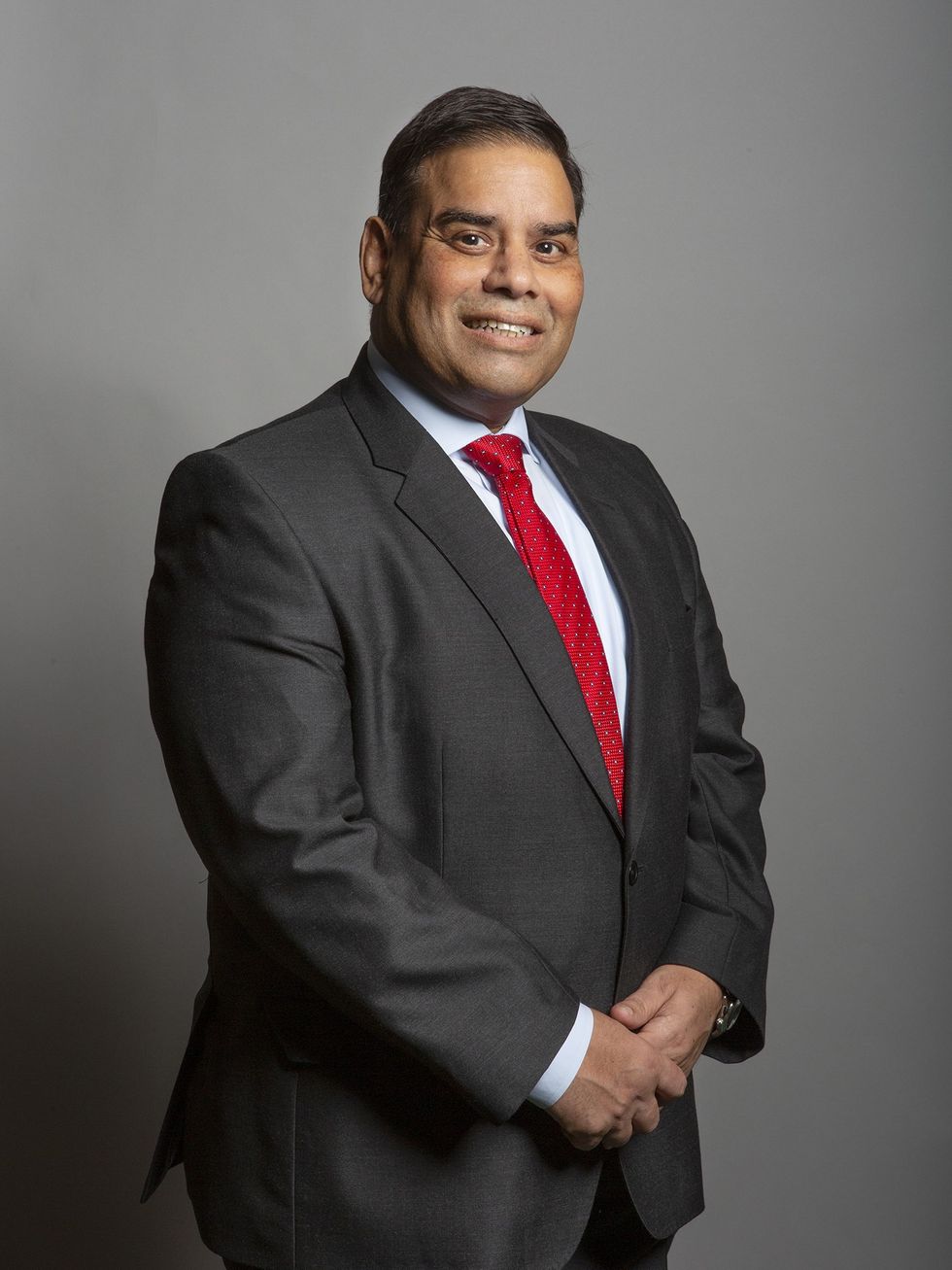
“The West Midlands Police is no different from the Met,” he said. “It has all of those and more.
“I've got a number of people complaining in my constituency about people being harassed.
“The way they've been arrested, the way people have been stopped and searched.
“There have been issues around gang crime, which has not been dealt with, really all sorts of illegal activities.
“The police service turn a blind eye, and it's an absolute disaster. There is no real policing, people are afraid, and they have to look after themselves.
“They are afraid to go and report anything, because the police will not do anything at all.”
He now wants a root and branch investigation into every police force, not just the Met.
“There are a number of cases that I've been dealing with where the police have completely ignored the issue,” said the MP.
“The way it's been dealt with, people are absolutely at their wit's end, where the police have not been able to investigate their issues.
“They just feel totally let down by the whole thing. Literally every single crime, from being mugged to being raped, to being beaten up, in some instances, being killed.”
Assistant director of diversity & inclusion at West Midlands Police, Dr Darren Ralph told Eastern Eye, “We will not tolerate discrimination in any form and any police officer or member of staff found to have behaved in such a manner can expect to be dismissed.
“There is no place for racism or any other form of discrimination in policing and if we don’t tackle it internally, we cannot expect the public, particularly those from Black, Asian and ethnic minority communities, to put their trust in us.
“It’s disappointing to hear Mr Mahmood’s views. Our door is always open to him should he wish to raise any issues or concerns.”
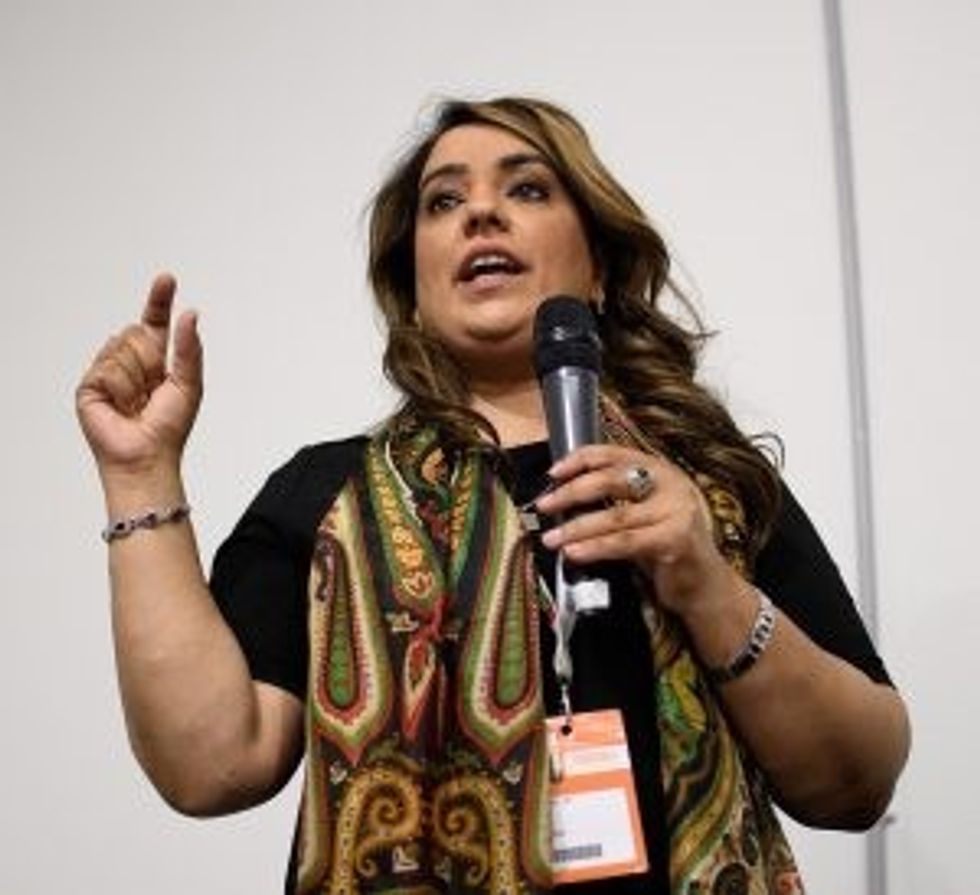
Mahmood’s Labour colleague in Bradford West, Naz Shah, told Eastern Eye that she was a critical friend of West Yorkshire Police.
She believed that UK policing was the best in the world.
Even so, Shah said that after the problems brought up in the Met, policing needed to change its overall culture.
“There have to be some brave conversations, and those are the most difficult, but those brave conversations are the ones that can lead to real change,” she said.
“There is work to be done, and it's been slow progress, but we have to continue with that.
“We have to work with people. Charing Cross was appalling, it took us back 20 years to when Stephen Lawrence was murdered and the idea of institutional racism.
“There’s clearly a culture that needs to be shifted, and I think it's really important for the incoming person to understand these nuances to be able to deal with them.”
Weak leadership
Former detective superintendent, Shabnam Chaudhri, knows all about institutional racism in the Met.
In 1999, she confronted her force about it, after which she was singled out as a troublemaker.
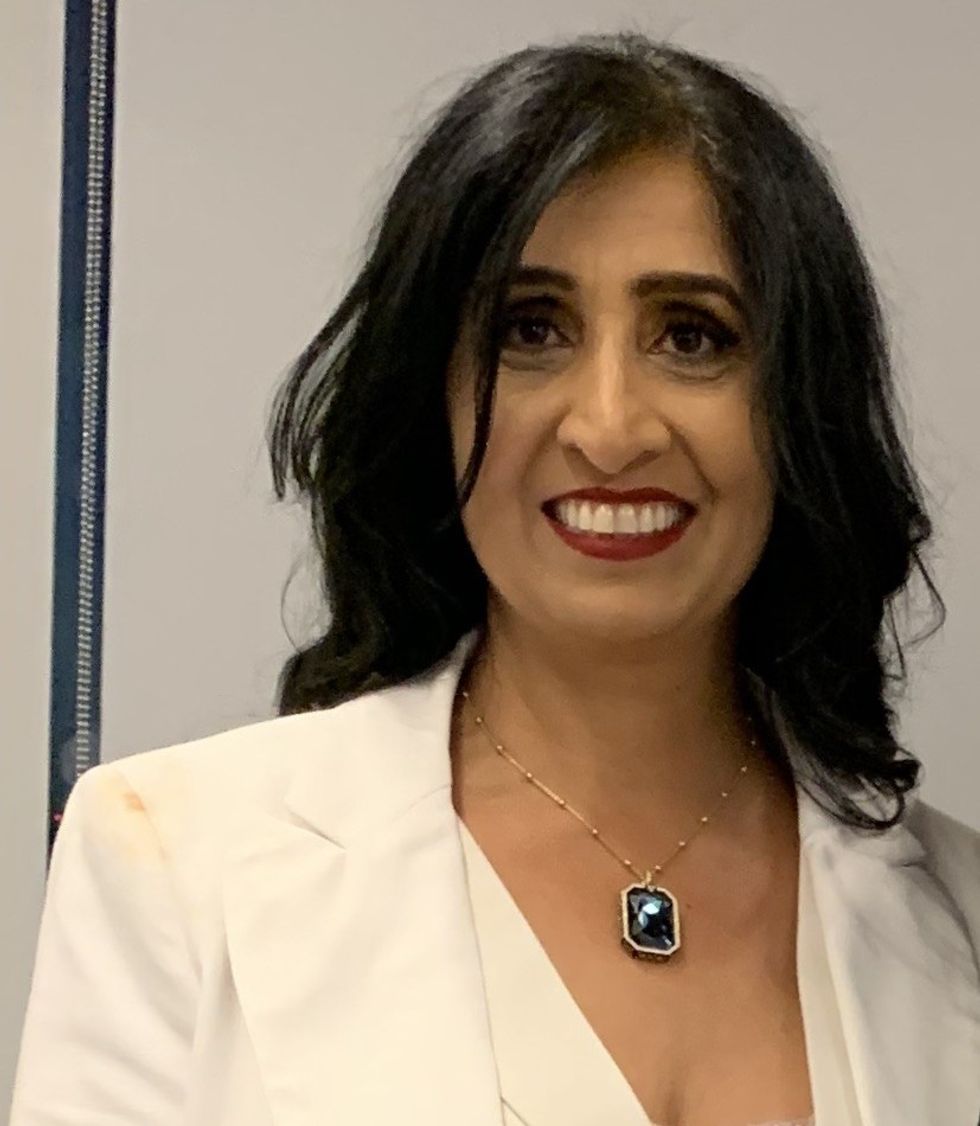
While she was saddened to see the commissioner forced to quit, Chaudhri explained why the police needed to tackle the issues of racism, sexism, misogyny, and Islamophobia.
“That culture has been well embedded within the organisation for many, many years, and across policing throughout the UK,” she said.
The former detective superintendent left the Met in 2019 after 30 years, proud to have served the communities of London.
What disappointed her about the first female commissioner was that Dick refused to accept that the Met remained institutionally racist on her watch.
“Police officers don’t understand what the definition is of institutional racism.
“Institutional racism is when systems and processes disadvantage black or minority officers, when it comes to promotion processes, when it comes to lateral progression, and when it comes to discipline.”
But one of the biggest problems, she said, is leadership.
“Somebody will make a complaint, call out behaviours which are unprofessional and inappropriate.
“They then are subjected to being isolated or targeted by colleagues, direct line managers,
“That complainant will then go on to make a further complaint.
“What happens is, the line managers speak to senior leaders tell them their side of the story, and the senior leaders take on face value what they've been told without any form of conversation with the complainant.
“Before you know it, they've closed ranks, and the complainant is then being discriminated against.
“They're being subjected to further victimisation, bullying, denied opportunities and then seen as a troublemaker.”
That targeting of individual officers brave enough to call out unacceptable behaviour leads to a fear of whistleblowing, she said.
That in turn allows a culture of racism, sexism, misogyny and Islamophobia to flourish, suggested the NBPA president, Andy George.
“For black, Asian and other ethnically diverse officers and staff, I think it's a real fear about bringing forward some of those issues.
“Some of that is prevented, it’s that stigma, not just about the organisation, but on their ability to continue working there.
“It's about how their colleagues are going to respond to them. There’s that silence. It's almost like omerta within organised crime groups where you are not allowed to speak out.
“If you do, you're seen to be not one of the boys or one of the people within the organisation.
“That's the wrong attitude to have, and whilst that can happen to any officer, it's definitely amplified if you're from a black, Asian or other ethnically diverse background.”
Non-white police chiefs
In the history of UK policing, only one ethnic minority has run his own force as chief constable.
That was Mike Fuller who led Kent Police between 2004 and 2010.
During that time only a handful of south Asian and black officers had the potential to become chief constables.
Even today, according to latest Home Office figures, only five non-white officers are so-called “chief officers”, the rank of assistant chief constables and above.
In 2007, that figure was seven.
One of the five of today’s crop, Wasim Chaudhry, is a temporary assistant chief constable at Greater Manchester.
Only one, Assistant Commissioner Neil Basu, is of chief constable rank.
George told Eastern Eye having people of colour at the head of a police force would be one way of helping change culture.
“We've seen a lot of action around the violence against women and girls, and it's quite right that that's happening,” he said.
“The reason that's happening is because police chiefs have a personal connection, or an emotional connection to those issues.
“Because of 17 chief officers are women, the fact is as female they are able to push forward their own experiences.”
The other thing which will make a huge difference is access to the top table.
“You need people not just at the highest levels, as in chief constables or commissioners, you need it across the board.
“All of the business that gets done, doesn't get done in the meetings which we attend.
“They get done over coffee, they get done over meetings and lunch.
“A lot of the meetings are just a tick box of what's already been decided beforehand.
“So, that's the key. If we have people from black or Asian backgrounds sitting at the highest levels and every level of the organisation, that is going to allow us to share our experiences, to share the kind of the really deeply emotional issues which racism provides.”














